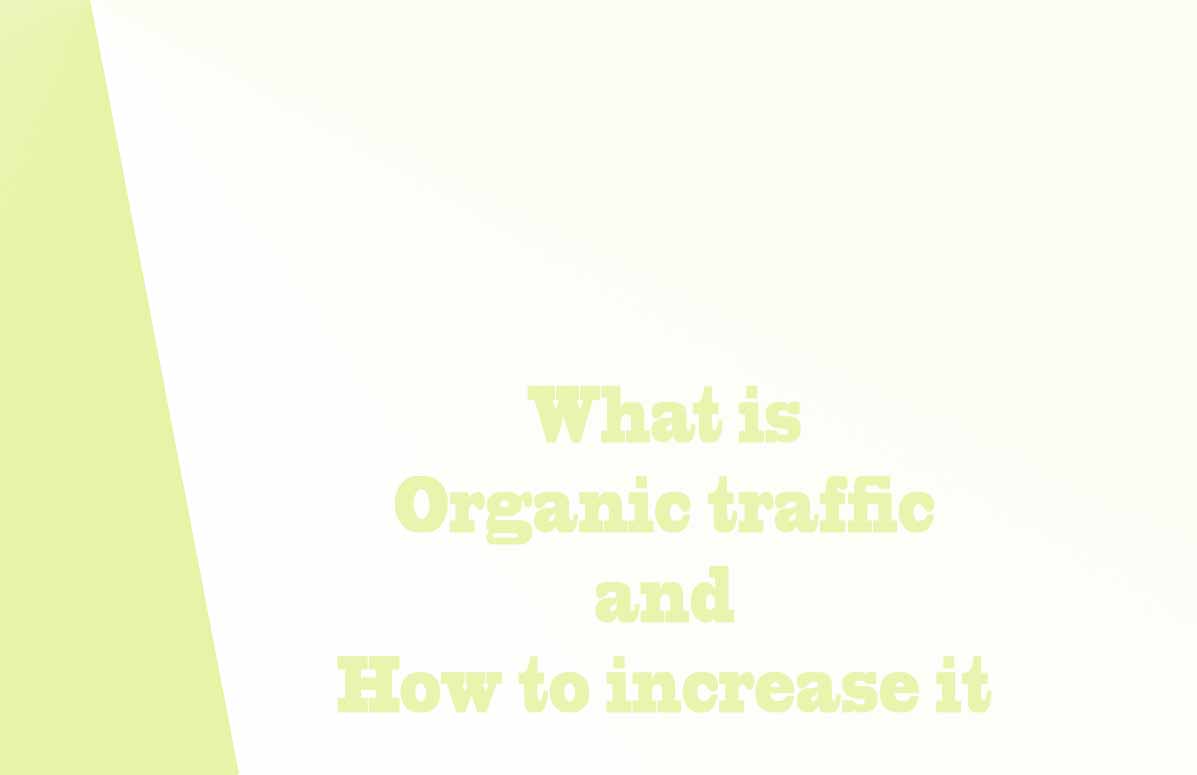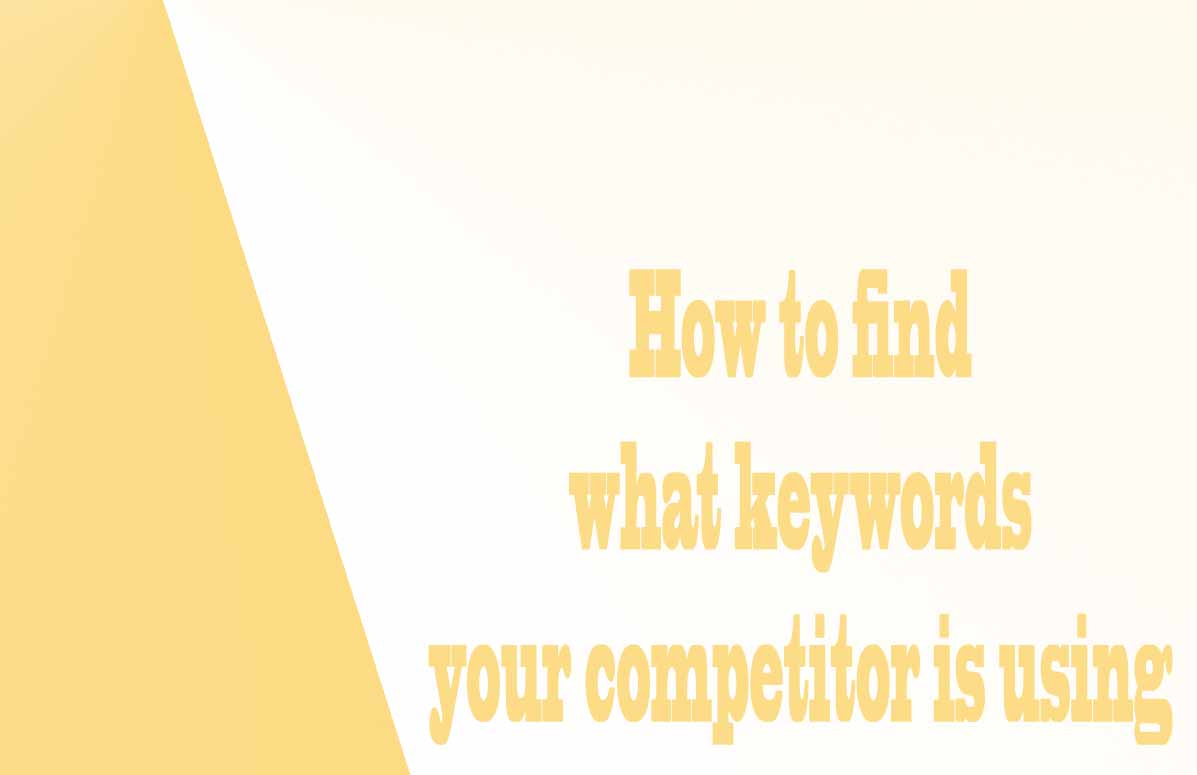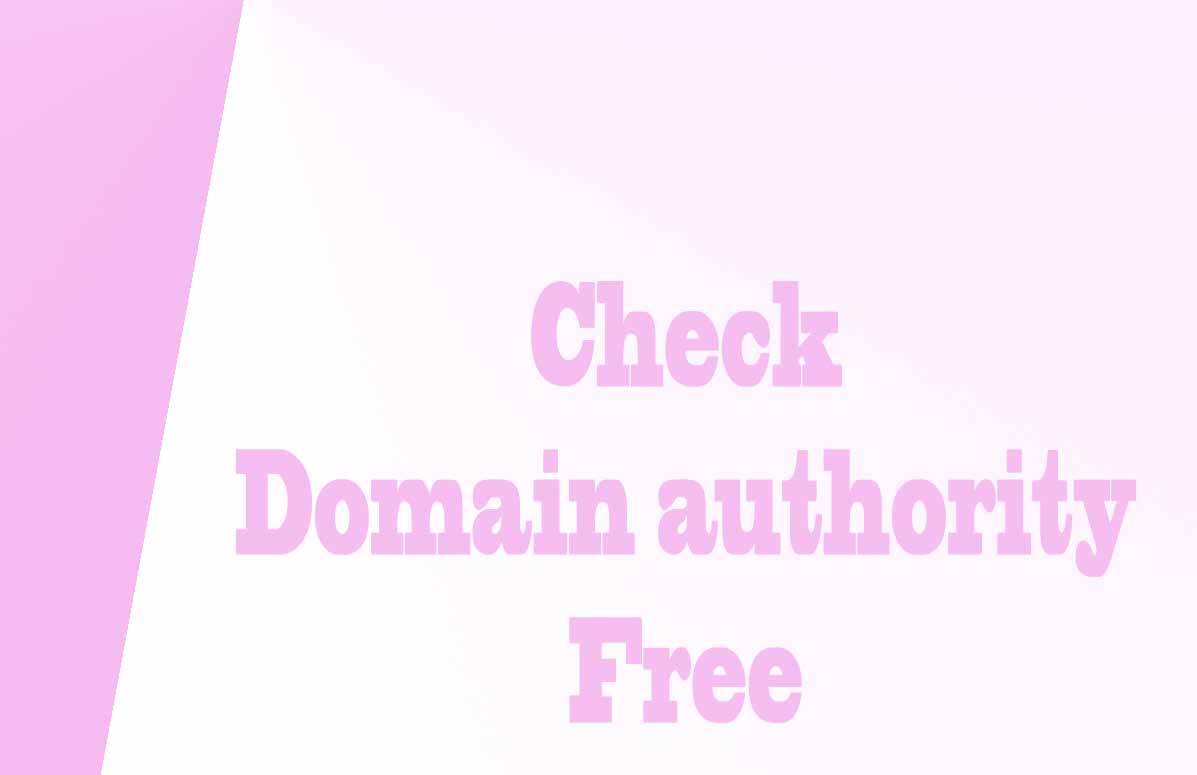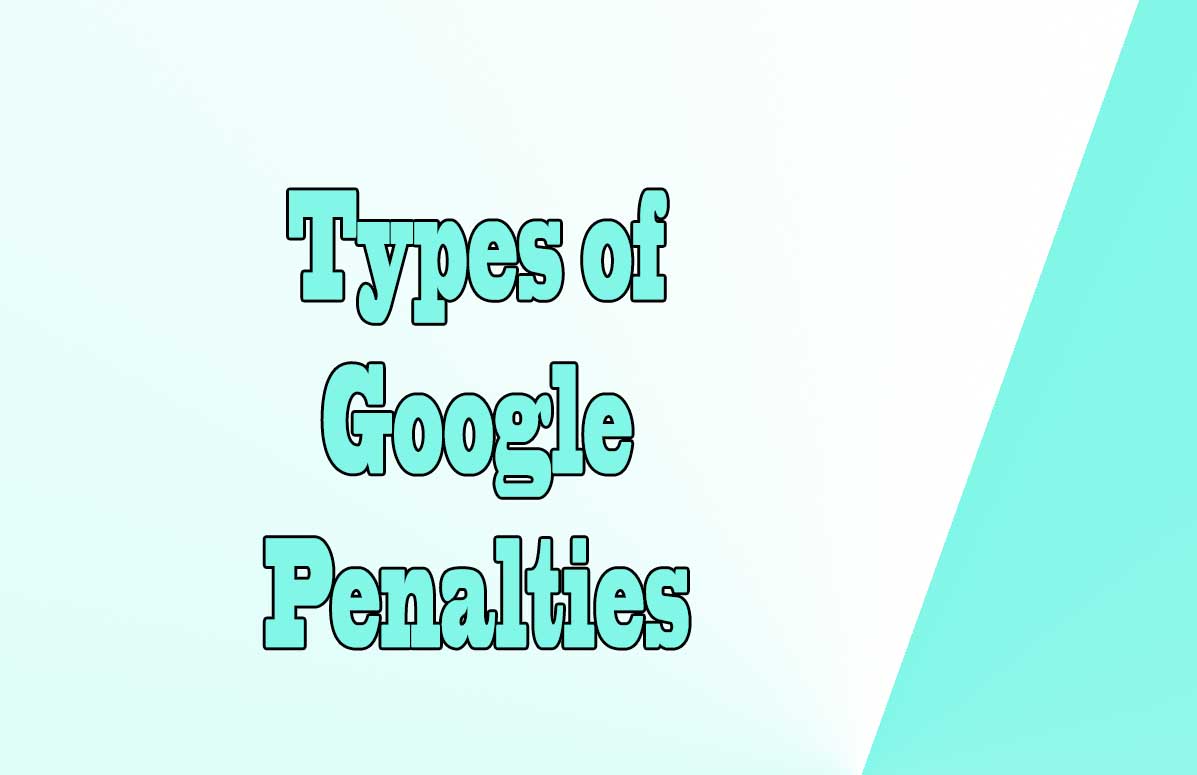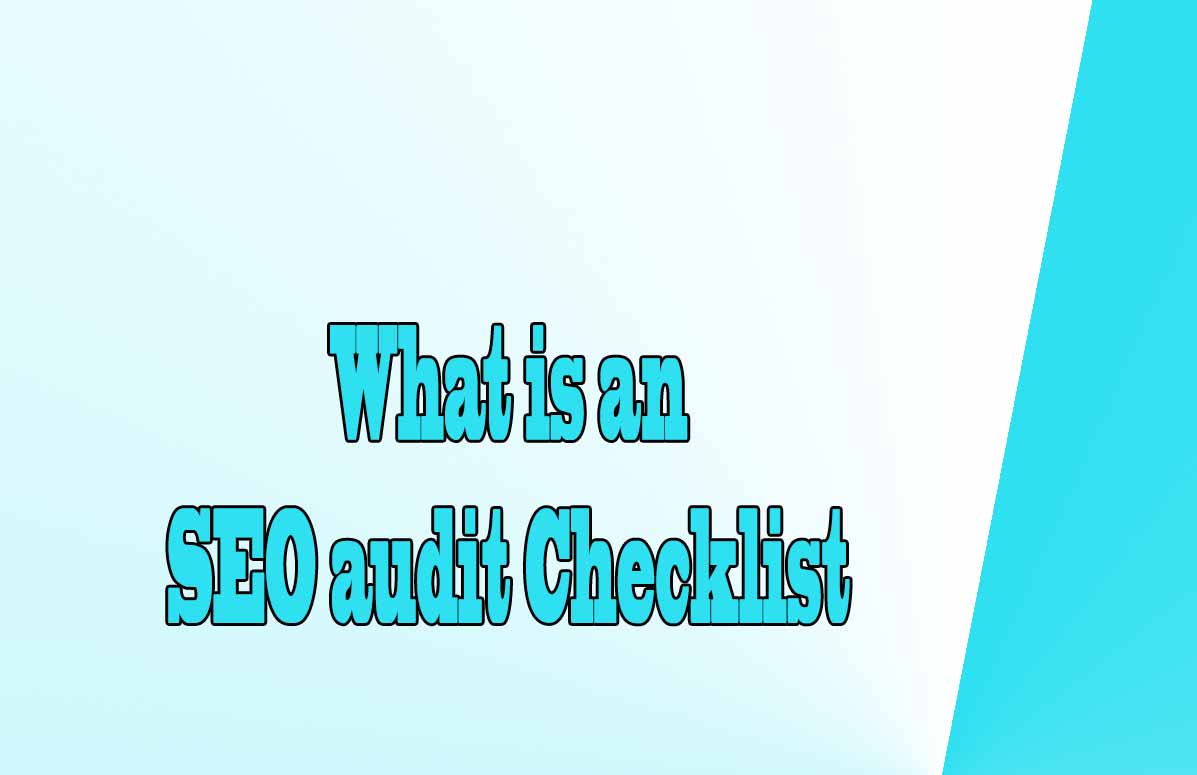
SEO audit Meaning
An SEO audit is a comprehensive analysis of a website's performance in terms of SEO.
It involves evaluating various factors, such as website structure, content quality, and keyword usage, to identify areas for improvement.
The primary purpose of an SEO audit is to identify any issues or weaknesses that may be hindering a website's visibility and ranking on search engines.
The importance of conducting an SEO audit
Regularly conducting SEO audits offers several benefits for website owners:
- Firstly, it helps to identify and rectify any technical issues that may be affecting a website's performance.
For example, an audit may reveal broken links, slow page load times, or duplicate content, all of which can negatively impact a website's SEO.
By addressing these issues, website owners can improve the overall user experience and increase the likelihood of higher rankings on SERPs. - SEO audits provide valuable insights into the competitive landscape.
By analyzing keywords and content strategies used by competitors, website owners can gain a better understanding of how to optimize their own website.
This competitive analysis can help to identify new opportunities for keyword targeting and content creation, ultimately improving a website's visibility and organic traffic.
The key components of an SEO audit checklist
When conducting an SEO audit, it is important to have a checklist that covers all the essential components:
- On-page optimization analysis assessing:
- Website structure.
- URL structure.
- Meta tags.
- Evaluating keyword usage.
- Optimization of content.
- On-page optimization analysis involves evaluating various elements on a webpage, such as:
- Title tags.
- Headings.
- Meta descriptions.
These elements play a crucial role in determining how search engines interpret and rank a webpage.
By ensuring that these elements are properly optimized, website owners can improve their chances of ranking higher on SERPs.
- Other important component of an SEO audit:
- Assessing website structure.
- URL structure
- Meta tags structure.
- Having descriptive and keyword-rich URLs and meta tags can improve a webpage's visibility and click-through rates on SERPs.
- Evaluating keyword usage and optimization of content is also critical for SEO success.
Conducting keyword research and ensuring that relevant keywords are strategically incorporated into the content can improve a webpage's visibility and ranking. - Optimizing content for readability and user engagement can enhance the overall user experience, leading to higher rankings and increased organic traffic.
The importance of incorporating keywords in web content
Keywords play a pivotal role in driving organic traffic to websites.
When users search for information on search engines like Google or Bing, they typically enter specific keywords related to their query.
By incorporating relevant keywords into web content, websites can increase their visibility in search engine results, ensuring that their content is more likely to be seen by potential visitors.
For example, a website offering online marketing services may optimize their content with keywords such as "digital marketing strategies" or "SEO techniques." As a result, when users search for these keywords, the website is more likely to appear in the search engine results pages (SERPs).
Moreover, incorporating keywords into web content helps attract targeted traffic to the website.
When users find a website that aligns with their search query, they are more likely to engage with the content and take desired actions, such as making a purchase or subscribing to a newsletter.
This targeted traffic is valuable for businesses as it increases the chances of converting visitors into customers.
For instance, a website selling handmade jewelry can optimize their content with keywords like "unique handmade jewelry" or "artisanal jewelry." By doing so, they are more likely to attract users who are specifically interested in purchasing handmade jewelry, increasing the likelihood of conversion.
Incorporating keywords improves the overall user experience by providing relevant information. When users search for specific keywords, they expect to find content that directly addresses their query.
By incorporating these keywords into web content, websites can ensure that the information they provide is relevant and meets the users' expectations. This not only enhances the user experience but also increases the chances of users staying on the website longer, exploring more pages, and potentially taking desired actions.
For example, a website offering travel guides can optimize their content with keywords like "best travel destinations" or "travel tips." By providing valuable and relevant information related to these keywords, the website can establish itself as a reliable source of travel information, attracting repeat visitors and building a loyal audience.
How to integrate relevant keywords naturally into the web content
- Keywords should be included in headings, subheadings, and in a way that does not disrupt the flow of the content. This ensures that the content remains engaging and valuable to readers while also being optimized for search engines.
- Optimizing meta tags, URLs, and image alt text with targeted keywords can further enhance keyword integration.
Meta tags provide search engines with information about the content of a webpage, while URLs and image alt text provide additional opportunities to include relevant keywords. - While incorporating keywords is essential, it is crucial to avoid keyword stuffing.
Keyword stuffing refers to the excessive use of keywords in an attempt to manipulate search engine rankings.
Search engines penalize websites that engage in keyword stuffing, as it compromises the quality and readability of the content. Maintaining a balanced keyword density ensures that the content remains valuable to readers while still being optimized for search engines. Another best practice for keyword optimization is the use of long-tail keywords.
Tips on SEO and Online Business
Next Articles
Previous Articles

